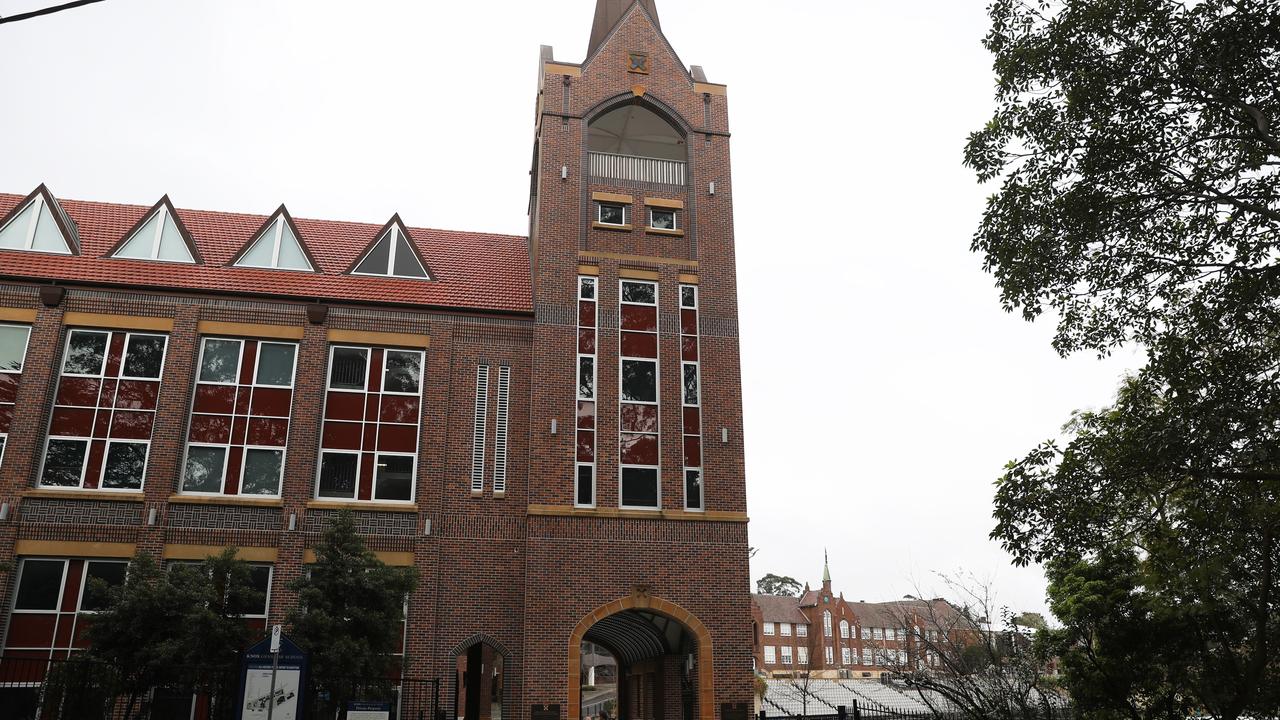Minister, teachers in Federal Court stoush
THE Baillieu government is proceeding with legal action to prevent Victorian teachers from going on strike next week.
THE Baillieu government is proceeding with legal action to prevent Victorian teachers from going on strike next week, despite being in negotiations with their union.
Finance Minister Robert Clark said the government had sought a Federal Court injunction to halt industrial action by the Australian Education Union and the Community and Public Sector Union.
The unions have a 24-hour strike planned for February 14.
Mr Clark said: "We are seeking an interlocutory action to stop the threatened disruption to Victoria's children and their families, and indeed employers of working Victorians."
He said the government was also seeking rulings from the court that a number of elements in the union's log of claims were unlawful.
"We hope that these legal proceedings will bring the union to their senses, and bring them to call off the industrial action," Mr Clark said.
"If they fail to do so, we will proceed with our legal action."
Education Department bureaucrats met union officials yesterday for the first of three meetings to negotiate a solution to a long-running pay dispute.
They will meet again today and tomorrow.
The union is seeking a 12.6 per cent pay rise over three years and wants fewer staff on contracts.
This figure has been revised down from an original 30 per cent over three years, sought after Premier Ted Baillieu promised during the 2010 election campaign to make Victoria's teachers the best paid in the country.
AEU Victorian president Meredith Peace said the union was "extremely disappointed" the government had chosen to pursue court action.
"To do this on the very day that we began negotiations to try to find a solution is counterproductive, and a waste of taxpayers' money," Ms Peace said.
The government last week claimed a 12.6 per cent pay rise over three years would cost Victorian taxpayers $13 billion, despite having previously claimed a rise of 30 per cent over the same period would cost $14bn.



